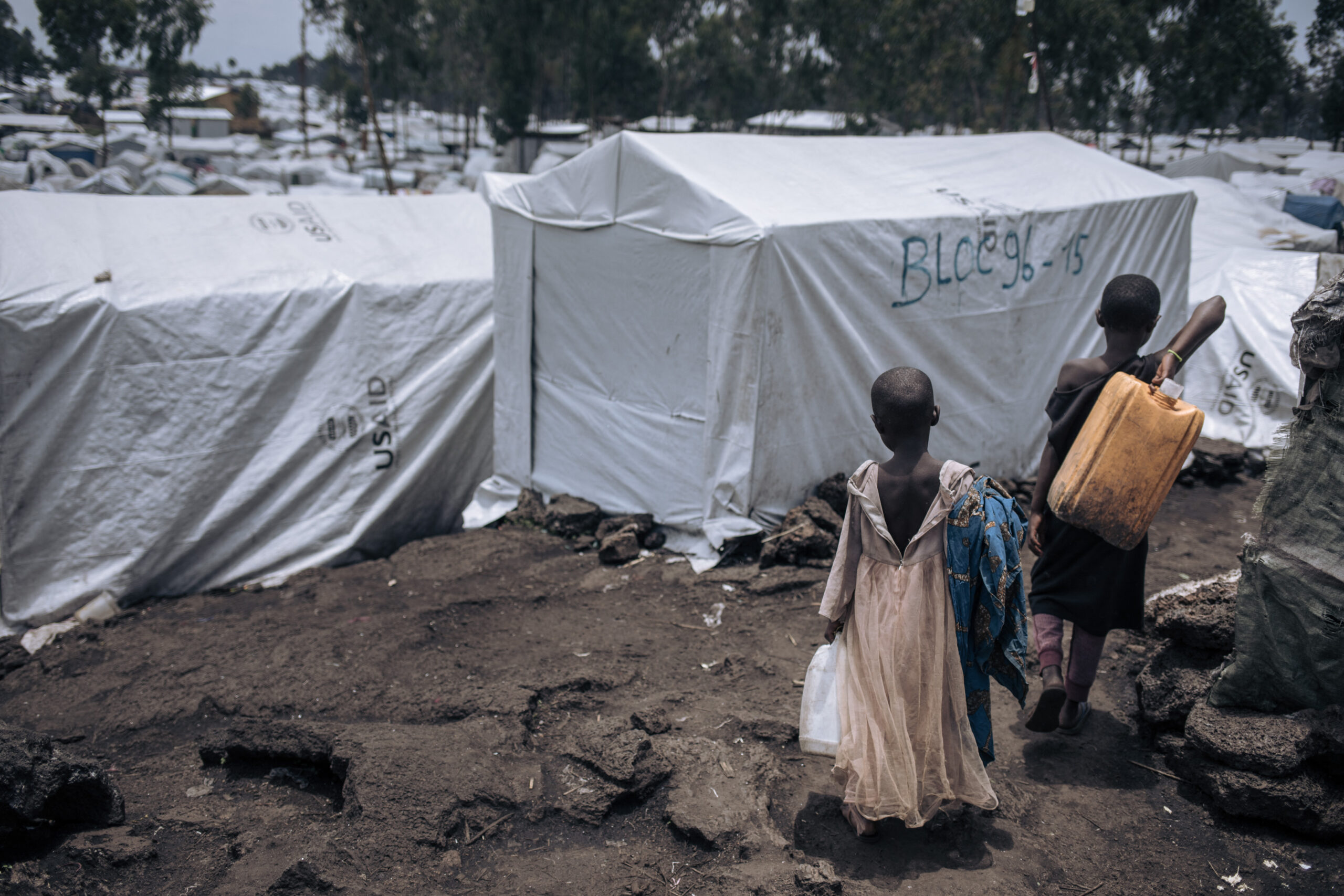
Alarming Conditions in North Kivu
Eastern Democratic Republic of Congo (DRC) continues to grapple with violence, leaving hundreds of thousands living in dire conditions. In Goma, the humanitarian crisis is particularly severe. In Rusayo camp, displaced families survive without basic necessities. “We live in unbearable conditions. The children no longer go to school, and food is scarce,” says Rosette, a displaced mother. This reflects the plight of many caught in the protracted conflict.
The Origins of the Luanda Process
Launched in 2022, the Luanda diplomatic initiative, spearheaded by Angola under President João Lourenço, aims to restore peace between the DRC and Rwanda. This process seeks to address heightened tensions fueled by armed groups, notably the M23, whose violent incursions continue to destabilize North Kivu. The upcoming December 15 summit between Félix Tshisekedi and Paul Kagame symbolizes a fragile hope for reconciliation, yet it faces widespread skepticism.
A Conflict Driven by Economic Interests
Mineral resources in eastern DRC, rich in coltan and gold, lie at the heart of the conflict. The Rubaya region, partially controlled by the M23, generates significant revenue for the armed group through illegal mining. According to the United Nations, these funds fuel smuggling networks, complicating any lasting resolution. “Without transparent resource management, the conflict will remain intractable,” states Zobel Behalal, an expert on transnational crimes.
Obvious Diplomatic Limitations
Despite its ambition, the Luanda process struggles to incorporate all relevant actors. The absence of Uganda and Burundi, two influential players in the region, weakens negotiation efforts. Moreover, Rwanda’s narrative, emphasizing the threat posed by the Democratic Forces for the Liberation of Rwanda (FDLR), adds complexity to the discussions. According to Congolese spokesperson Patrick Muyaya, “The summit must not only strengthen dialogue but also ensure concrete commitments to security and stability.”
Populations at the Heart of the Conflict
For displaced people and residents who remain, expectations are high. Humanitarian organizations report urgent needs for food, medical care, and education. However, persistent insecurity hampers effective intervention. “We just want to go home, but as long as the fighting continues, it remains a distant dream,” laments a resident of Kanyaruchinya camp.
Angola’s Role as Mediator: How Far Can It Go?
João Lourenço, in his role as mediator, seeks to establish honest dialogue between Kinshasa and Kigali. However, his efforts are limited by divergent interests among regional powers. If the commitments made in Luanda fail to materialize, it could further weaken the credibility of the process. “The DRC and Rwanda must move beyond their historical differences and focus on structural solutions,” notes a Nairobi-based analyst.
Prospects for the December 15 Summit
This summit is a critical step in the quest for stability in eastern DRC. Yet, ongoing clashes combined with unresolved economic interests remain major obstacles. The outcomes will directly impact the humanitarian situation, regional security, and diplomatic relations among Great Lakes countries.
Ultimately, the summit’s results could either mark significant progress toward peace or represent another missed opportunity for a region that has already endured so much.
2024 – O Bulamba / ADR